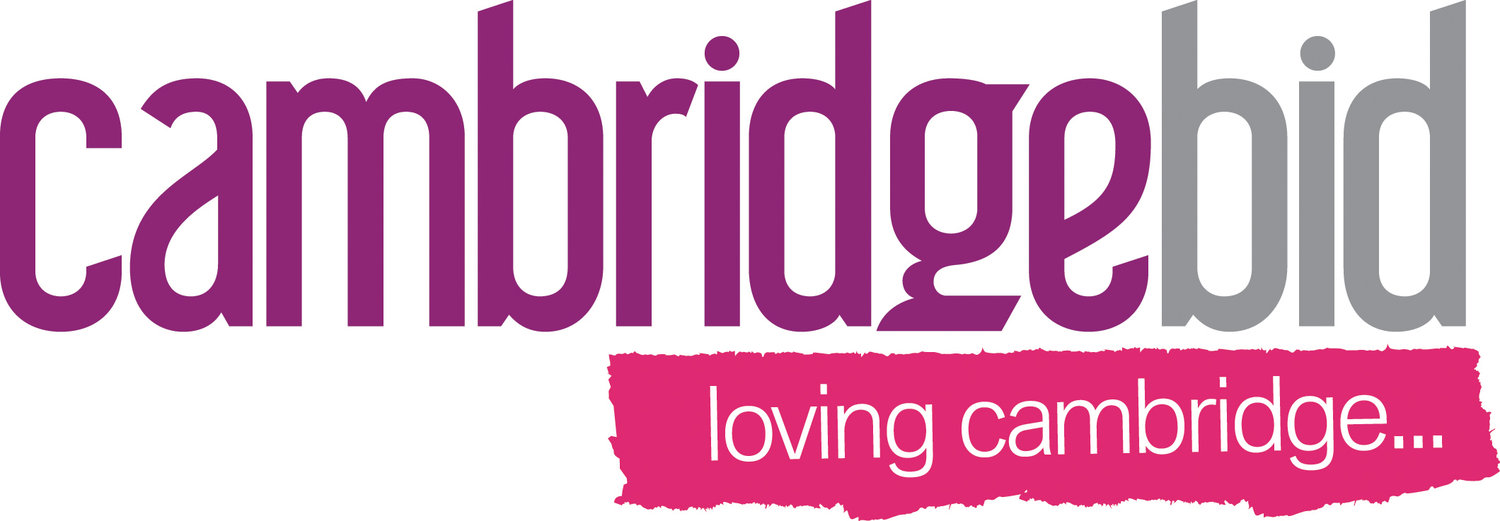I was away towards the end of last week so started this article last Wednesday, well they say a week is a long time in politics but really it is never ending. Rishi Sunak is now the third Prime Minister in 7 weeks and once again the business community is calling for stability.
He impressed many business groups during the pandemic with his bold and swift action on business loans, grants and the job protecting furlough scheme and he seems to be well liked by the financial markets, which as we have seen recently is really quite crucial. So now is his chance to demonstrate he can put business at the centre of his economic policy that needs to get inflation under control, increase consumer confidence and get us out of the impending recession quickly.
Business groups including British BIDs are calling for more targeted support from government, this includes a reduction in vat for businesses from 20% to 12.5%, a reduction in the vat on business energy bills down to 5%, the same as consumers pay and an overhaul of the business rates system that is recognised as being archaic and regressive.
Businesses need stability to plan against, they need details on their likely costs over the next 2-5 years and then need incentives to invest in people, in training, in equipment and in R&D.
Currently the cap on business energy costs will expire in April 2023 and almost every business on every high street in the land is struggling to recruit, we need bold action to allow into this country more people to work in the retail hospitality and leisure sectors and we need to get more youngsters trained to enter this sector.
The scrapping of the plan to reintroduce the tax-free shopping scheme in 2024 is billed to save £2bn, this would be repaid and some, by the extra high spending visitors this scheme would encourage, they would pay vat on their hotel bills and eating out, the increased employment they would bring would raise more in income taxes and the increased profit to businesses would be taxed at the new higher 25%.


